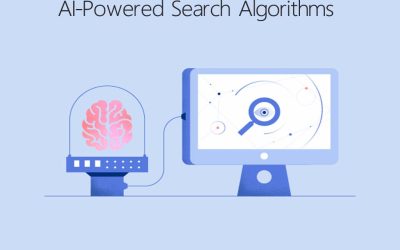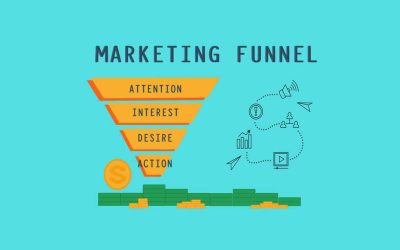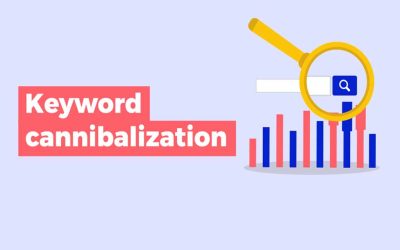What Does a Great Website Look Like?
Not every website can rank on the internet. Google and Bing, for example, are dedicated to ranking only the top websites. For example, Google is trusted by billions of people worldwide because it offers the most accurate results for any search term. So… Exactly What Does a Great Website Look Like?
This aids Google in maintaining its monopoly on the world’s search engines. Understanding what search engines look for in a “great website” is critical for ranking on Google and thriving on the search engine results pages (SERPs).
What does an excellent website, in particular, resemble? This question’s answer can be found further down on this page.
A Great Website Loads Quickly

The speed of a good website is the most important element. Let’s face it; no one wants to wait for your website to load all day. They can divert their attention to any of the millions of other websites available.
The internet’s competitive nature needs fast website loading times. But, in today’s world, how fast must a website be? Although opinions differ, it is widely agreed that a website should load in fewer than three seconds.
Google may penalize your website if you don’t do so. The average person spends only 8 seconds on a website before deciding whether or not to proceed. Optimizing your website’s performance can provide potential clients a positive first impression while gaining Google and Bing’s approval.
A Great Website Must be Responsive

The days of using only desktop computers and laptops to access the internet are long gone. Mobile devices like tablets and smartphones account for the majority of internet traffic.
Search engines have now altered, mandating mobile-friendly and responsive websites. This is why websites look different on different platforms. The larger screen sizes of desktop PCs and laptops allow for easy viewing of a complete website.
The user must be accommodated due to the reduced screen size of mobile devices. On both desktop and mobile platforms, website versions must differ. If you don’t, Google may hit you with another penalty.
A Great Website Needs to Be Optimized
The in-depth process of fine-tuning a website to rank online is referred to as optimization. To crawl every website on the internet, search engines use spiders or robots. These spiders examine every aspect of a website, evaluate its quality and relevance, and rank or index it in the SERPs.
These spiders are unable to access all websites. It’s possible that if you don’t optimize your website, it won’t rank at all. A great website is constantly optimized to ensure that it is efficiently crawled, rendered, and indexed.
Amateur website builders, for example, will add photos to their websites randomly. The issue is that these photographs are big files with no accompanying text to explain what they are.
Because spiders lack sight, they must rely on alternative language (words that describe the image) to interpret its meaning. Spiders, on the other hand, have a difficult time producing considerable images in the first place. When it comes to optimizing a website, it’s all about making sure spiders can understand everything.
A Great Website Must Be Eye Catching
Consumers have a natural predisposition to pass judgment on the websites they visit. They will click away from your website if it appears to be trapped in the 1990s. Beautiful websites not only attract but also hold the interest of visitors.
The more time user spends on your website, the higher the dwell time. The length of time a person spends on your website is referred to as dwell time. Increased dwell time helps search engine optimization (SEO) because it demonstrates that visitors are drawn to your site.
A Great Website Needs to Be Optimized
The in-depth process of fine-tuning a website to rank online is referred to as optimization. To crawl every website on the internet, search engines use spiders or robots. These spiders examine every aspect of a website, evaluate its quality and relevance, and rank or index it in the SERPs.
These spiders are unable to access all websites. It’s possible that if you don’t optimize your website, it won’t rank at all. A great website is constantly optimized to ensure that it is efficiently crawled, rendered, and indexed.
Amateur website builders, for example, will add photos to their websites randomly. The issue is that these photographs are big files with no accompanying text to explain what they are.
Because spiders lack sight, they must rely on alternative language (words that describe the image) to interpret its meaning. Spiders, on the other hand, have a difficult time producing considerable images in the first place. When it comes to optimizing a website, it’s all about making sure spiders can understand everything.
Build the Perfect Website Today!
Need help in creating the perfect website for your brand? If so, click here to share your requirements and receive a free proposal for your upcoming website development project.




